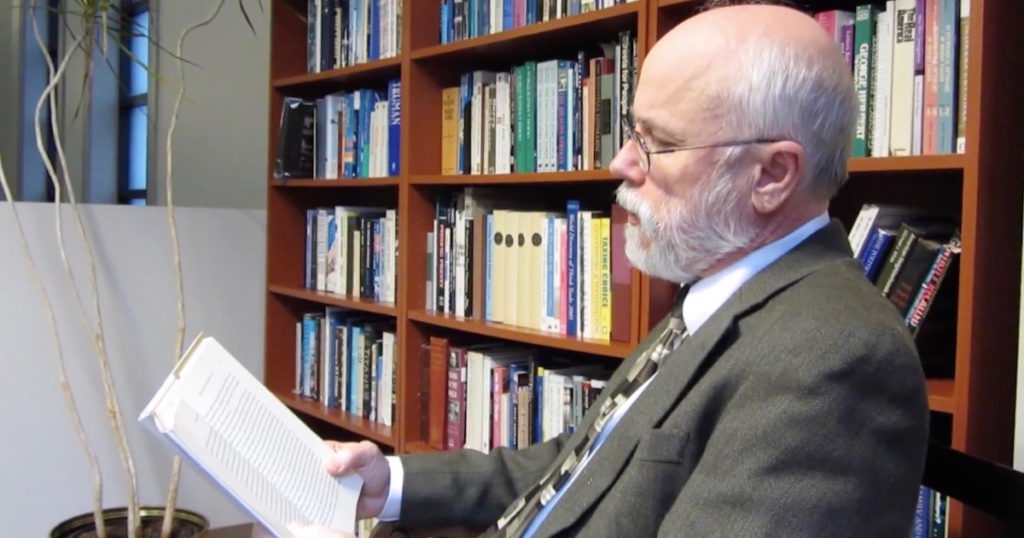 Free Speech
Free Speech
Excerpt: Letter to the Journal of Chemical Education

Editor’s note: We are delighted to celebrate the publication of the new book A Mousetrap for Darwin: Michael J. Behe Answers His Critics. What follows is an excerpt: a letter to the editor, unpublished, Journal of Chemical Education (2004).
Author’s note: Unlike many philosophy journals — or high school student newspapers for that matter — many science journals are remarkably unwilling to publish responses by people whose work has been attacked in their pages. You’d think a bit of controversy would be good for the ol’ journal circulation, but I guess not. The following literary effort never saw the light of day.
As an active proponent of the argument for intelligent design I enjoyed reading “Evidence from Biochemical Pathways in Favor of Unfinished Evolution rather than Intelligent Design.” However, educators who plan to use it for classroom discussions should be sure to alert students to the regrettable errors in the article’s reasoning.
The most serious mistake is its repeated use of the invalid argument from ignorance. The authors imply that since no reason is known why, say, DNA should be synthesized discontinuously on the lagging strand, then no good reason in fact exists. Yet not long ago the same sort of fallacious argument from ignorance was made concerning “junk DNA.” In that case the reasoning went something like the following: no function was known for much genomic DNA; therefore none existed; no self-respecting designer would have made genomes containing long stretches of apparently purposeless sequences; therefore Darwinism is true.
“Apparently,” however, should never be confused with “actually,” and the progress of science has laid bare the mistaken assumption about “functionless” DNA, as the Scientific American article “The Unseen Genome: Gems Among the Junk” recounts. Similarly, it is entirely possible that good reasons exist for most or all of the systems cited by Behrman et al. of which they are unaware. Personally, I would bet on it.
Rather than merely opining that cells are not built to their taste (“We would have designed a system using two polymerase activities”), it would be much more persuasive to skeptics of Darwinian claims such as myself if the authors could demonstrate experimentally that random mutation and natural selection could indeed produce the astonishingly complex molecular machinery found in the cell.

